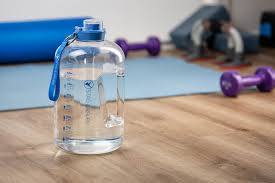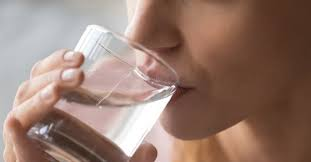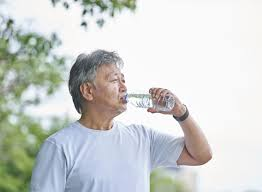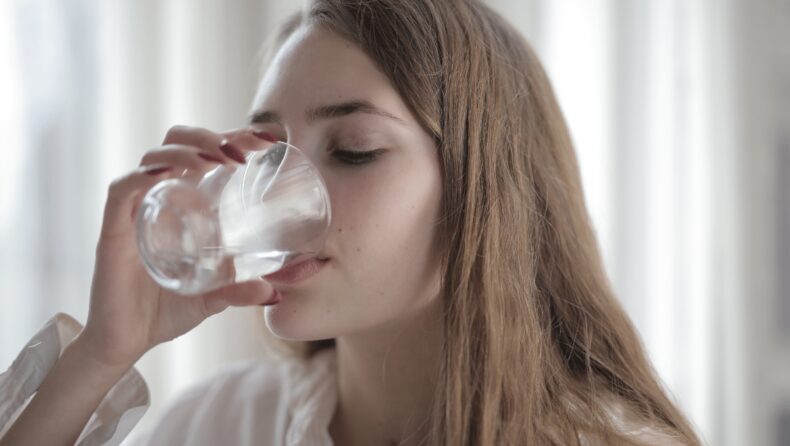Table of Contents
Drinking more water: With the current trend of promoting water as a health benefit, people are consuming excessive amounts. However, are marking bottles and tracking consumption really necessary?
Water is a basic necessity in our lives. It is needed by our body to perform normal physiological activities. Some people get clean drinking water abundantly while some people are unfortunate as they do not have clean drinking water. It has been estimated that in the coming years there will be a water scarcity pandemic. So it is our responsibility to preserve clean drinking water and use it wisely for our future generations.

From childhood we have been told that the average amount of water consumed in a day should be 6-8 glasses of water. This notion came from 1945’s US Food and Nutrition Board which recommended consumption of 2.5 liters of water daily owing to the fact that a person inevitably loses 1.5 to 2 liters of water everyday through breathing, sweating and urinating. But it recommended the amount of water intake throughout the day and not the amount of glasses of water to be consumed. This amount also included the water already present in the fruits and vegetables consumed.
So, there was never an official study conducted by any institute which stated that it is essential to drink 8 glasses of water per day.
When to Drink Water.
70% of our body is made up of water. So it is an integral part of our body. And our body has an inbuilt mechanism if there’s any deficiency of it inside the body. This mechanism is thirst. We will feel thirsty as soon as our body needs for us to consume water.
The people who exercise and in hot climates there will be more water loss in sweat and there will be more need of it and therefore, people will feel thirsty more and faster. This is a normal physiological cycle. So it is recommended to drink water only when you feel thirsty and refrain from drinking otherwise.
Many consider that drinking more water will help to flush out toxins from the body through the kidney and will make it work efficiently. A recent study posted in a journal of the American medical Association tested this theory and found no effect in kidney function and flushing of toxins on drinking more water. This confirms that there is no advantage associated with drinking water in excess.

In various places we see the list of benefits associated with drinking water. They are not false as they are associated with drinking water whenever you feel thirsty. Nowadays due to hectic lifestyles many people ignore their thirst sometimes. This is harmful. Drink when thirsty and control when not.
The thirst mechanism weekens as people age. Therefore there is a high chance of old people getting dehydrated. There have been many cases where this has led to their death. It is always recommended to take care of the water requirements of old people and encourage them to drink small amounts of it in frequent intervals.
Drinking Excessive Water is Dangerous for Some.
It is not dangerous for a healthy person to drink an excessive amount of water as his healthy kidney will help to filter all of that excessive amount, and it will be lost as urine from the body. Problems come when a person is suffering from a kidney or a heart disease.
In kidney disease the person will not be able to filter out the excessive amount of water and it will accumulate inside the body causing swelling of legs. In a person with heart conditions excessive water may put a load on the pumping of the heart and may cause its failure. Swelling of legs may also be observed in this condition. It is recommended to restrict intake of water in such patients.

It can be concluded that there is no need to drink water if a person is not feeling thirsty as it does not have any advantage. This has been a misconception in people as they do not understand the basic physiology of the body.













